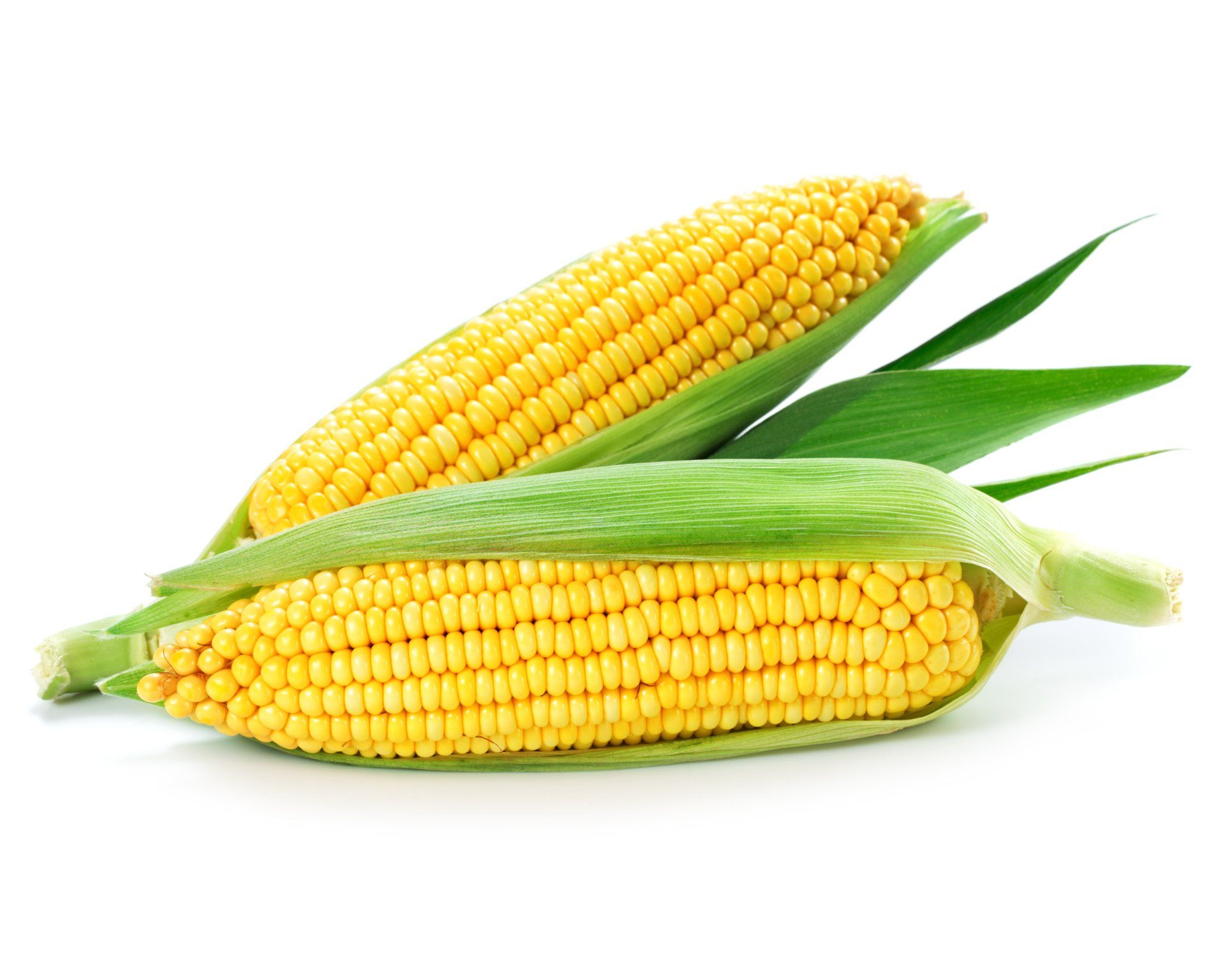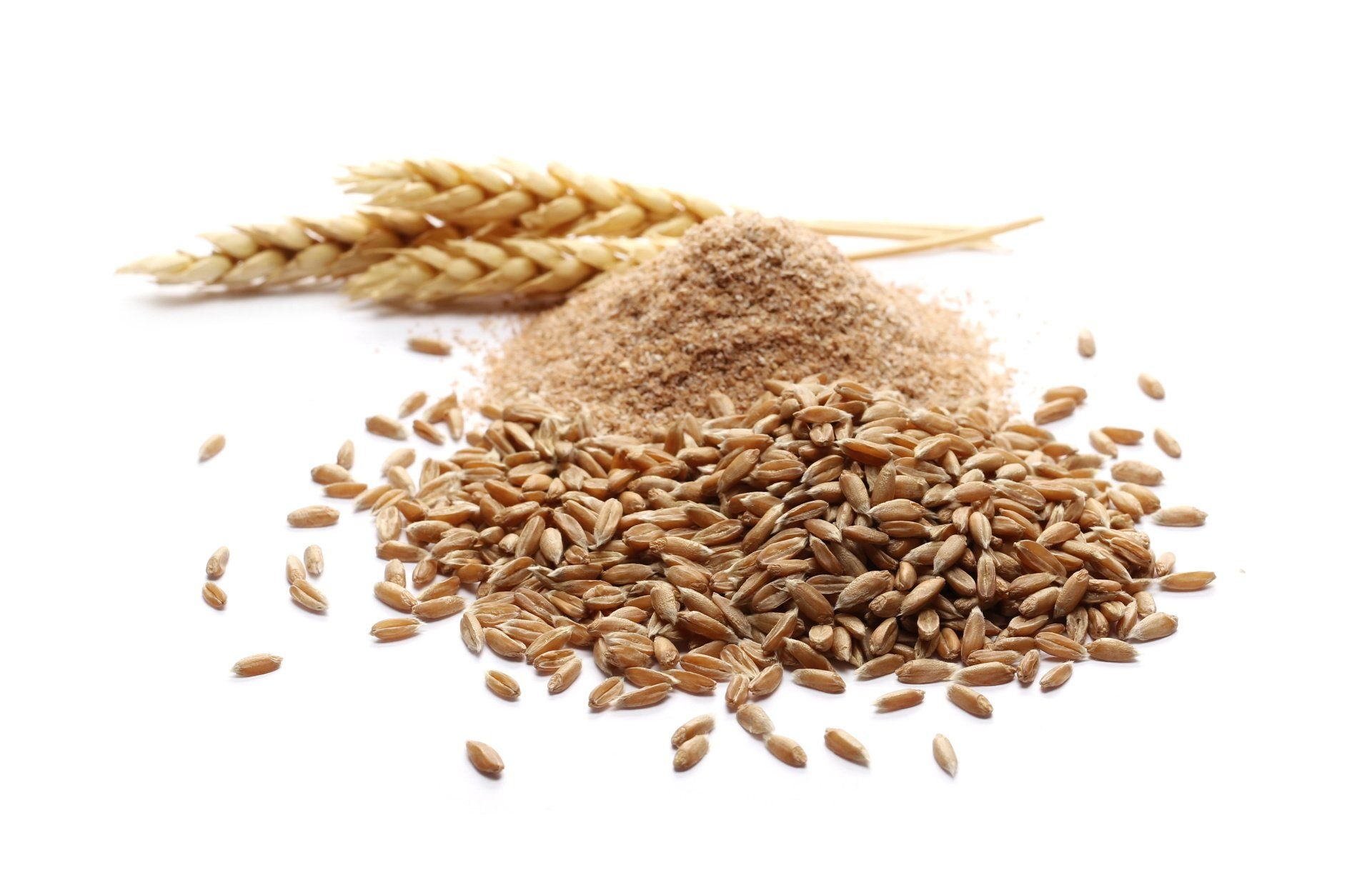Sap Testing Programs

Maximize Crop Yields with Plant Sap Testing
Plant sap testing offers a more comprehensive understanding of crop health than traditional soil or tissue testing alone, making it a valuable tool for maximizing yields. By regularly analyzing plant sap, farmers can make timely adjustments to nutrient amendments and additives, ensuring optimal production and crop yields. Crop nutrient requirements can significantly change during different growth stages. By analyzing the sap of plants, such as blueberries, peanuts, rice, hemp, soybeans, or any other crop, we gain insight into the spectrum of active nutrients present in the plant. The analysis of plant sap allows us to identify nutrient imbalances and deficiencies accurately. With this information, farmers can make precise adjustments to their crop nutrient amendments, correcting imbalances and ensuring the plants receive the necessary nutrients.
Optimal Yield Goals and Cost Efficiency
Making informed adjustments to nutrient amendments based on sap analysis helps maintain target yield goals. Additionally, it optimizes input costs, as farmers can provide their crops with precisely what they need, avoiding wastage.
What is Plant Sap Analysis?
Plant sap analysis involves closely examining the range of nutrients actively present in the plant. Key nutrients that we look for in sap include:
| % Nitrogen (N) - for Leaf | % Phosphorus (P) - for Leaf | % Nitrate (NO3) - for Petiole | % Phosphate (PO4) - for Petiole |
|---|---|---|---|
| Potassium (K) | Calcium (Ca) | Magnesium (Mg) | Sodium (Na) |
| Zinc (Zn) | Iron (Fe) | Manganese (Mn) | Copper (Cu) |
| Boron (B) | Sulfur (S) | Aluminum (Al) | Nickel (Ni) |
| Cobalt (Co) | Molybdenum (Mo) | Selenium (Se) |
Interpreting Competing Nutrients
To interpret the sap analysis effectively, it is essential to understand the competing uptake of elements. The chart below provides insights into nutrient deficiencies resulting from the competition between different elements.
Types of Sap Analysis
Individual Sap Testing
Individual sap tests offer a comprehensive analysis of the nutrients actively flowing through the plants' xylem and phloem at the time of testing. This method provides a more accurate representation of the plant's nutrient status compared to traditional soil and tissue tests.
Translocative Sap Analysis
Translocative sap analysis combines the power of individual sap testing with the insights from soil testing. By comparing the nutrients available in the soil with what the plants are actively taking up through their roots, this method provides valuable information. To make the most of this analysis, periodic testing throughout the growing season is recommended. By monitoring what the crops are absorbing from their soil amendments, farmers can make informed management decisions during the critical growth stages.
Plant sap testing is a powerful tool for farmers seeking to optimize their crop yields. It offers a more dynamic understanding of crop nutrient requirements, helping farmers make precise adjustments to their nutrient amendments and achieve their yield goals efficiently. By incorporating plant sap analysis into their routine practices, farmers can enhance production, reduce costs, and ultimately enjoy higher yields for their crops.
We offer programs that include consulting, soil, plant sap, 0r tissue testing schedules designed for specific crops.
Click on the images below to see the type of testing recommended for each crop.
If you don't see your specific crop, give us a call and we will be happy to provide you with that information.
Join Our Mailing List
Thank you for joining our mailing list. You will now begin to receive event announcements, newsletters and all of our latest updates.
Please try again later.
Email Us
For general inquiries and questions, contact us via email.
(956) 383-0739info@tpslab.com
Refund Policy
Billing Terms and Conditions
All Rights Reserved | TPSL








